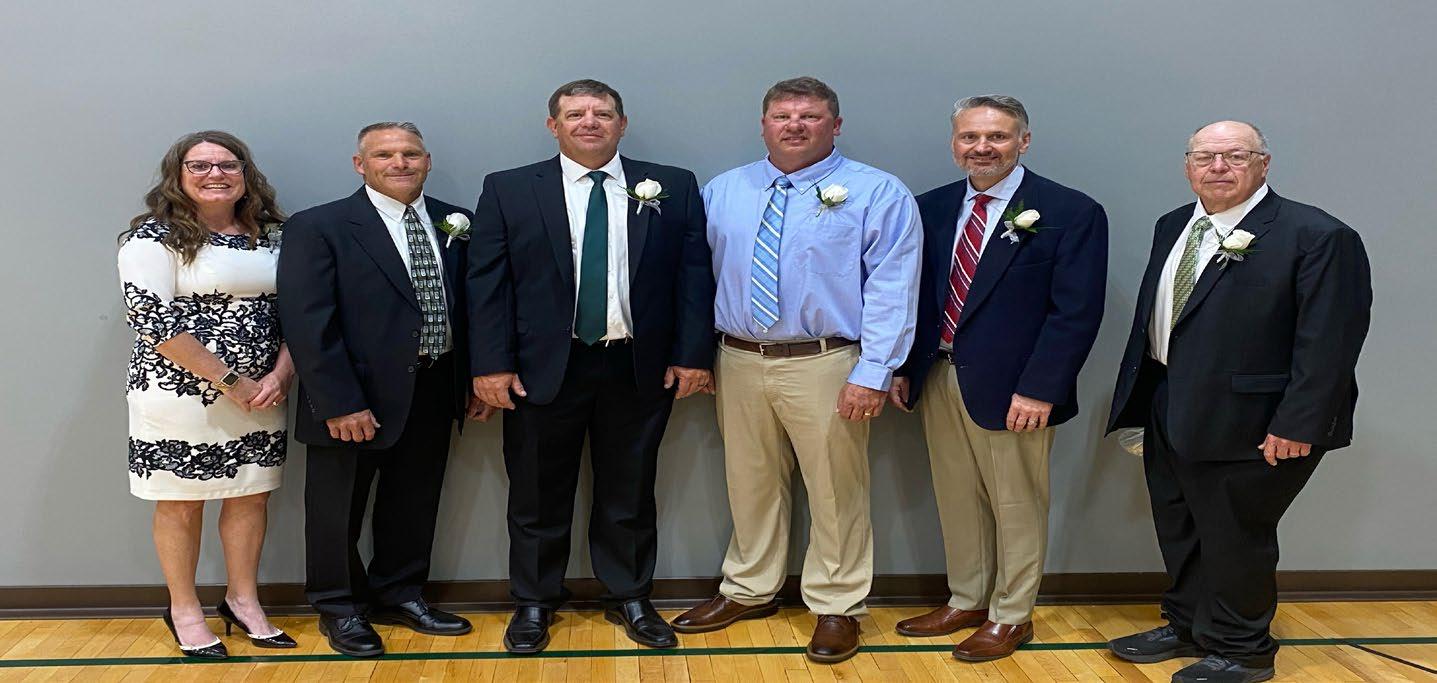
9 minute read
Central City Public Schools
from Member Update 8-10-23 ver 3
by NRCSA
Mascot: Bison
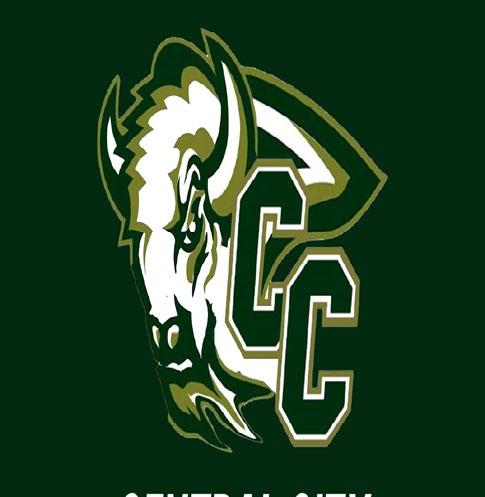
Advertisement
Enrollment: 805 PK-12 students
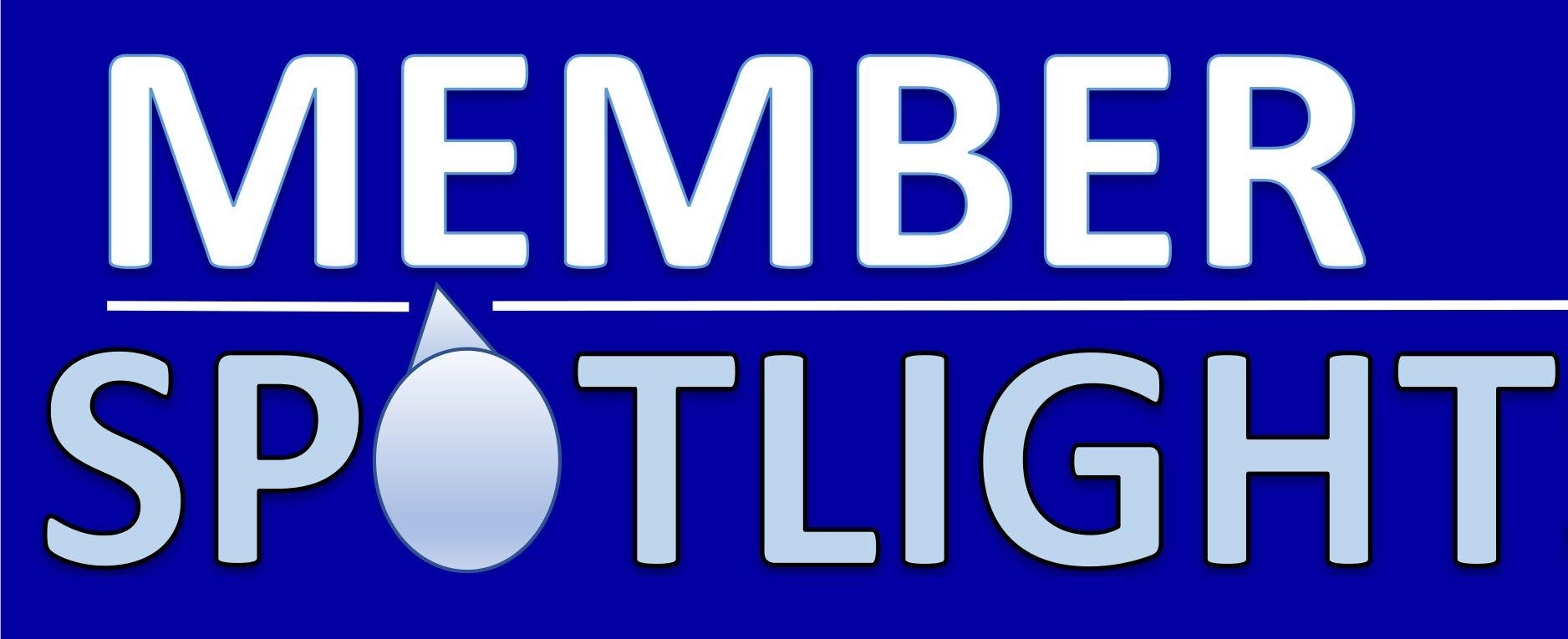
Locations: Central City, NE
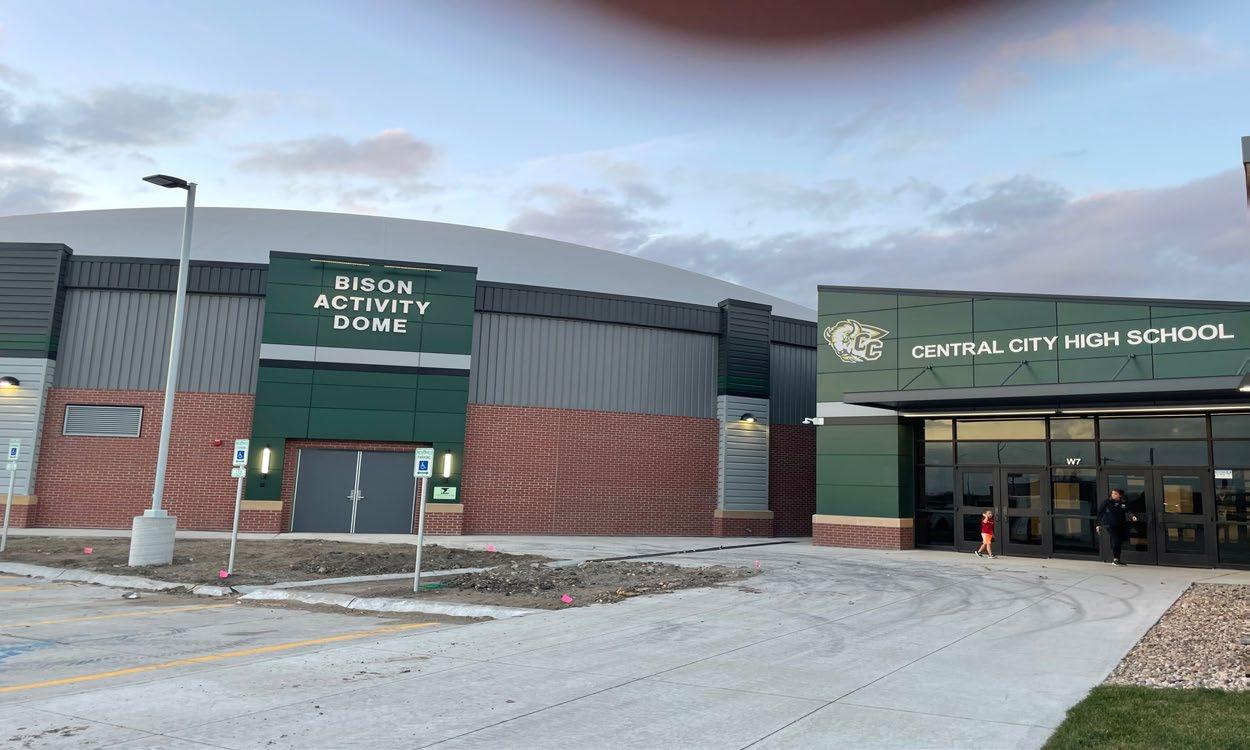
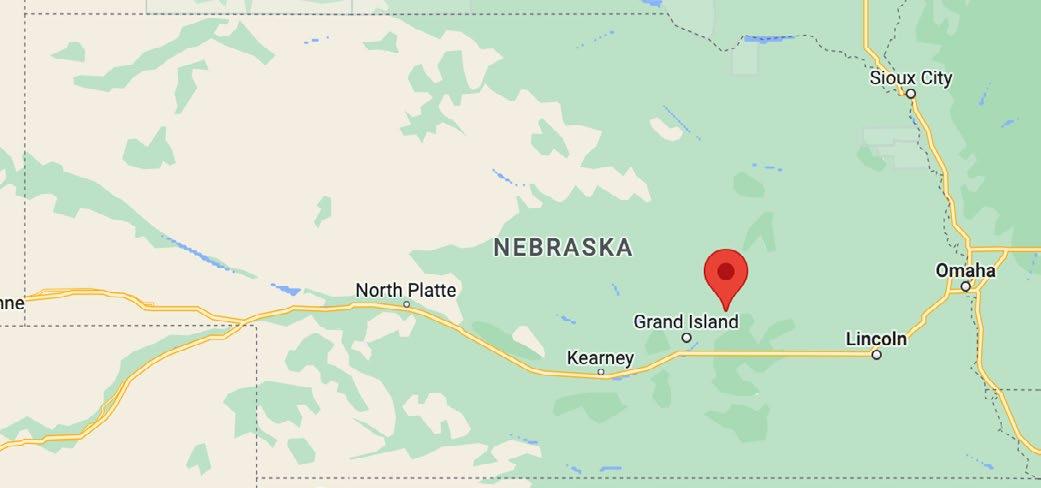
Interesting Fact: The District has recently completed three different phases of construction that includes the addition of additional early education services, secure entrances at all three buildings, complete career education renovation to include sciences, agriculture, industrial tech, new commons, new high school office, new Dome Gymnasium, and Special Education renovation. The results of such renovations, changes, and new construction have allowed the District to host many activities over the past few years including Husker Volleyball. A major improvement has been made for students in all academic, activity, or athletic areas through these District improvements.
Programs
The District has invested heavily in career education with multiple changes and improvements to the facilities and investments in state of the art equipment. Health Sciences and the trades have been a major focus. The Industrial Technology facility includes the best equipment available for students to study construction, woods, welding, auto/diesel, and manufacturing. Each year, students have been active in building homes, job shadowing health workers, and working to utilize the facilities and equipment to develop career experiences.
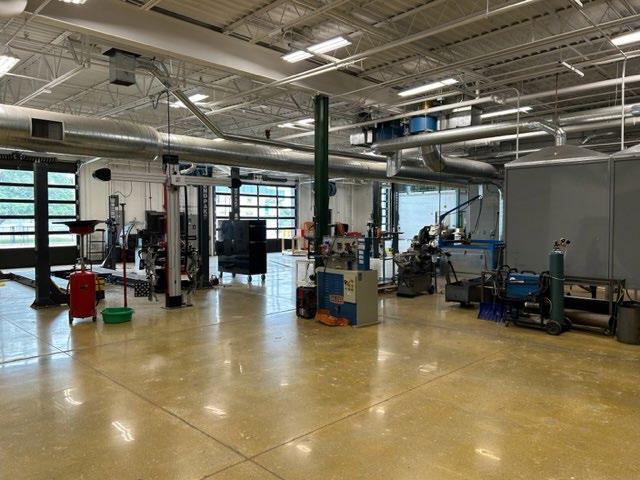
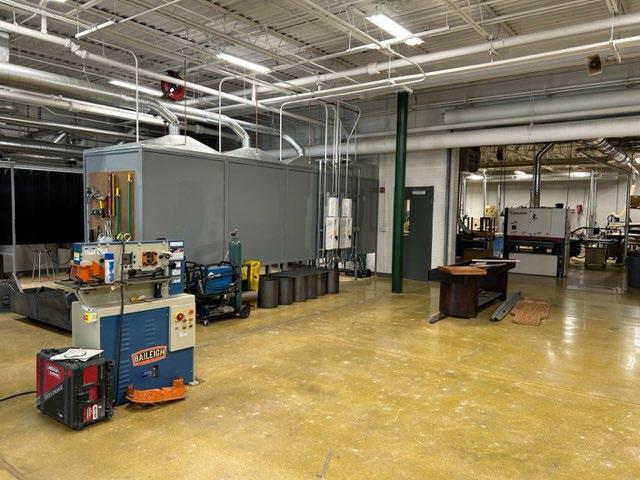
The development of well-rounded, active students has been a priority for the District. The District provides nearly forty hours of dual credit opportunities for students to receive a specialized education. In addition to providing excellent educational opportunities, the District believes that activities and athletics provide students with the opportunity to become better people by teaching life lessons of collaboration, hard work, and resilience. Nearly 99% of high school students are involved in an activity or sport. In the past year, Central City Public Schools qualified for the State Playoffs in four different sports while students also performed in front of sold out crowds in the Performing Arts Center.
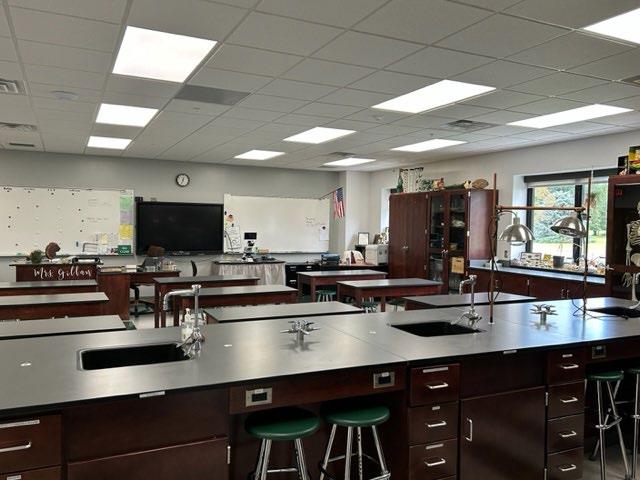
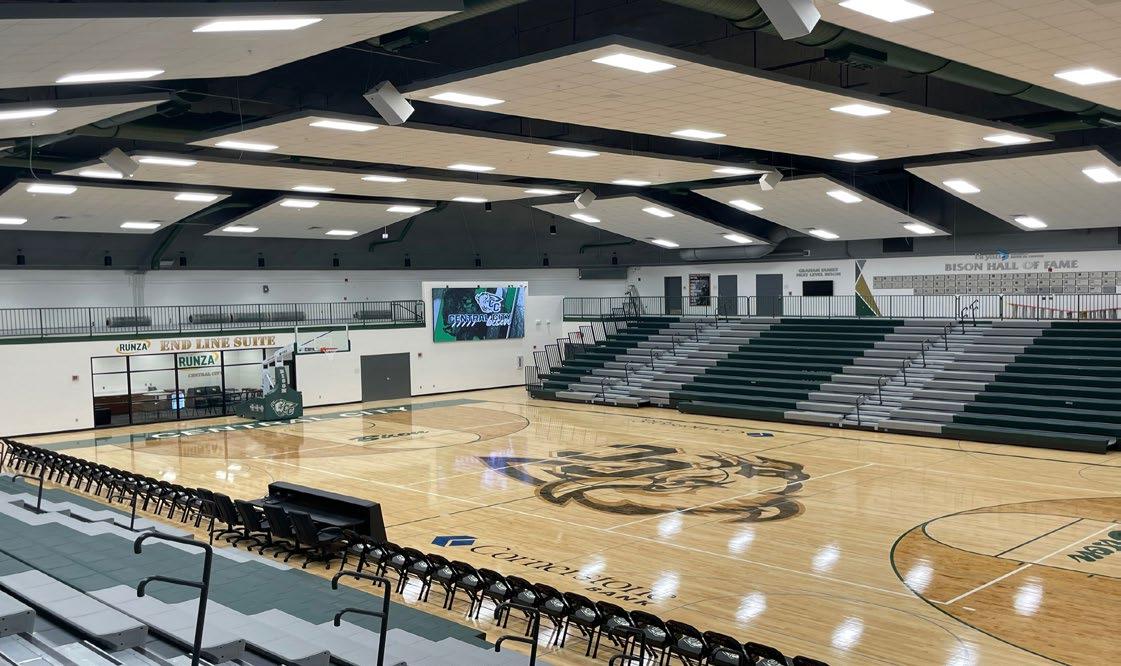
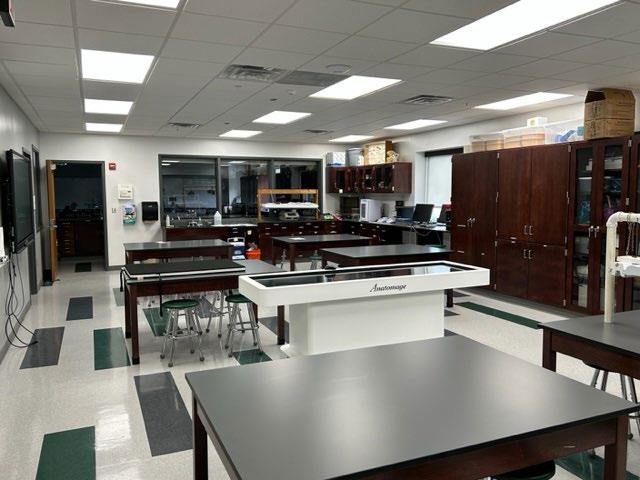
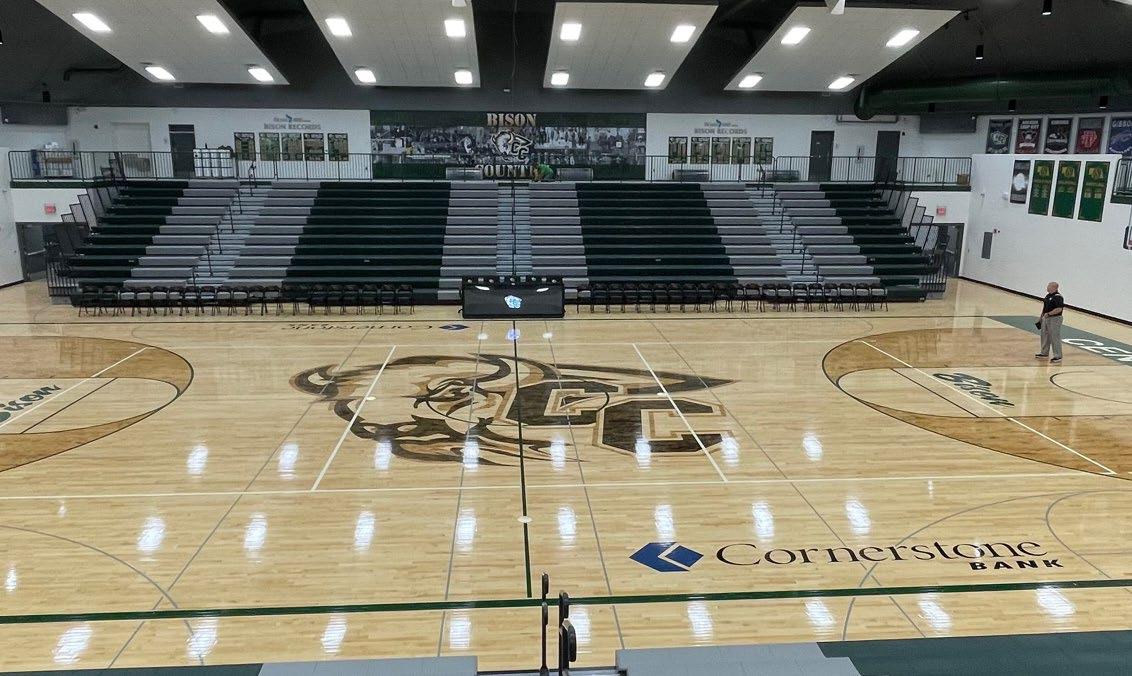
I would encourage districts to consider participating in the Academic Decathlon competition. Academic Decathlon is an activity that is dependent on students of different ability levels. A team is made up of students who are in the Honors (A average), Scholastic (B average), and Varsity (C average) levels. Students may move up, but they may not move down. The combined scores of the students in all 10 competition events are counted, thus each team member is very important. There is a defined course of study in each subject area each year. Subject areas are commonly Math, Language & Literature, Science, Social Science, Economics, Art, and Music which are covered in the Regional competition each year. At the State Competition, Speech, Interview, and Essay are added. There is a “theme” each year that many of the subject areas cover. The theme for 2022-23 was the American Revolution. The theme for 2023-24 will be “Technology and Humanity”. Regional competition takes place in January and State competition takes place in February. The school can decide how to prepare for the competitions. Some schools have teams that have practices in the evenings or after school. Some simply provide the students with materials to study prior to competitions. Other schools offer a class to prepare.
Quiz Bowls are wonderful and fun activities, but they do not have a defined course of study like the Academic Decathlon. I find the Decathlon to be the best academic competition that I have experienced. To me, it is based on true study and learning.
On a personal note, three of my four kids participated in Academic Decathlon through high school and between them they won thousands of dollars in scholarships as they were on teams that had success. I currently serve on the Nebraska Academic Decathlon Board of Directors. I have been very involved with this activity for many years and highly encourage you to consider adding it to your school. A new school can have its enrollment fee waived the first year and may receive free study materials.
If you have any questions or have a staff member who is interested, please feel free to contact me. You could also contact the State Director, Vicki Deniston-Reed at dcthln.denistonreed@gmail.com.
My name is Maria, and I’m a researcher at WestEd, a non-profit educational research and development agency. WestEd is partnering with an organization called Citizen Math on a US Department of Educationfunded study, and I’m reaching out to see whether you’d like to learn more about it and explore whether it would be of interest to some of the schools in the Nebraska Rural Community Schools Association.
Citizen Math provides rigorous math lessons for 6th, 7th, and 8th graders. The lessons help students explore standards-based concepts through relatable real-world issues, building critical thinking, civic-mindedness, and collaboration skills. (Sample lesson topics include: How dangerous is texting and driving? How do municipal fines affect people with different incomes? How much should you trust online ratings?)
An earlier study showed that these lessons helped students deepen their learning and make more lasting connections to math concepts. The lessons were also shown to significantly improve student achievement on the end-of-year state test.
We’re currently enrolling full middle school math teams (6th, 7th, and 8th grade teachers) from rural and urban schools to participate in a two-year, randomized control trial study, beginning August 2023 and lasting for the 2023-24 and 2024-25 school years. More information can be found on the study website: Citizen Math Impact Study, but here are some of the benefits for participating teachers:
• Stipends for participation
• Free training and access to Citizen Math (valued at $300 per classroom) for two years
• Opportunities to network with other teachers enrolled in the study
• A chance to build evidence for the field about how enhancing civic and social-emotional learning in math classes impacts student outcomes
If you think this study might be a good fit, please fill out the form on the study website.
WestED is a non-profit educational research and development agency and they are asking for rural particpation on a U.S. Department of Education Study.
The following is from Maria Salciccioli of WestEd:
UNL Tuition Discount & GOLD Grant.
We have a new tuition discount program aimed at better serving folks from rural districts who are seeking school leadership degrees (MEd – principalship, EdD – superintendency) or endorsements. The program provides a 15% tuition discount for educators who serve in NRCSA member districts or are in an area classified by NCES as rural or town. We think this is a small but important step toward helping rural schools be intentional about growing their own leaders. If interested, please contact Dr. Nick Pace at nick.pace@ unl.edu
Big Red Leader Website
Big Red Leadership Flyer
In addition, invite your participation in a federal grant application aimed at helping Nebraska school districts. Led by the UNL Department of Educational Administration, the GrowthOriented Leadership Development (GOLD) Project is a collaboration across NCSA, NRCSA, ESUCC, and NDE. Goals include:
• Developing current and future leaders in a growyour-own model
• Strengthening School Leadership
• Improving Principal and Teacher Retention
GOLD Highlights:
• A focus on local, building/district level context, not a top-down, one-size-fits-all approach
• Research-based content aligned with Marzano’s Balanced Leadership and other recent work
• Use of existing professional development structures led by credible leaders and coaches
• No additional costs or duties to ESUs or districts
GOLD Includes:
• Regular, large group professional development for the principal and 2-3 teacher leaders per building
• Small group coaching and facilitation provided by grant-funded coaches
• Application of material presented in sessions to local school improvement priorities and integration with the new NDE Nebraska Teacher and Principal Professional Standards (NTPPS)
• A stipend to participating schools to support implementation of GOLD dimensions and materials
To Learn More: https://cehs.unl.edu/edad/gold-project/
Chadron State College Special Education Parato-Teacher Program Initiative.
Purpose: This “Grow Your Own” Special Education Teacher program is designed to provide school districts with the opportunity to cultivate and participate in the training of their para-professionals who wish to continue their education to become special education teachers.
Who: Any individual who holds a minimum of an Associate’s Degree (or equivalent credit hours) from an accredited higher education institution, and who is employed as a para-professional within a school district. What: Chadron State will provide required course work and enrichment activities via online, face-to-face (via Zoom), and on the job experiential learning, leading to a Bachelor’s in Education Degree, and a Nebraska Teaching Certificate with an endorsement in Special Education (grades PK-12). With administrator input, program course work will be tailored to best fit your district practices and expectations. Each course will be offered in an 8-week format, with 12-13 credit hours to be completed each 16 week semester.
How: Program participants will be advised, monitored, and supported by CSC faculty/staff, and a CSC Education Program liaison is specifically assigned to facilitate their progress. District para-professionals may enter the program at any time in the academic year.
When: once participants reach their senior academic year they will embark on completing their capstone course work, via online and Zoom class sessions. This course work has been pared down considerably with the understanding and assumption that these student teachers will be learning “on-the-job”. For example, one section covers classroom management practices. Clearly, one can argue and attest that these student teacher interns are learning more about managing a classroom from being mentored by veteran teachers within your school, and observing them in action. This is the belief and learning approach embraced during this senior year. However, to ensure and assess concept learning, Chadron State faculty will be meeting with your student teacher cohort twice per week for 1.5 hours, via Zoom conferencing technology.
Graduation: At the completion of this program students/candidates graduate from Chadron State College, and apply for teaching licensure resulting in a valid initial teaching certificate with and endorsement in PK-12 Special Education. Chadron State’s education program in nationally and State accredited. As such, interstate certification reciprocity is not a problem.
Things for your consideration:
1) To qualify for this program participants must hold at least an Associate’s Degree or the equivalent in college credit hours. (CSC will work with those applicants to provide them with the needed coursework leading up to program entry).
2) Districts must agree to maintain para-professional employment throughout the course of the program— including during the student teaching experience.
Please contact Dr. Adam Fette for more program information, at afette@csc.edu.
The UNL Department of Educational Psychology has received a grant from the Swanson Foundation which allows them to offer mental health services to rural schools.
From Dr. Michael Scheel, Chair of the UNL Department of Educational Psychology:
The UNL Department of Educational Psychology would like to offer counseling and psychological services, as well as consultation services to the schools and communities of Southeast Nebraska. We run a mental health counseling and therapy clinic and we are offering counseling and consultation services to teachers, administrators, students, and community members of Southeast Nebraska. Services will be provided through remote and confidential means (i.e., Zoom conferencing). We are hoping that schools, families, and individuals contact us to schedule an appointment for a telehealth counseling or consultation session.
We have recently learned that a donor will support our work with individuals living in rural Southeast NE by paying all fees for services. Thus, whoever seeks out our services will simply have to indicate they live in Southeast Nebraska, and any services we provide will be paid for through the UNL Foundation. Individual, couple, and family counseling will be provided without financial expense. Additionally, we can provide teachers, school administrators, school counselors, and school social workers consultation services for students of their schools without charge.
We are very excited to enter a partnership with schools and communities of SE Nebraska to promote mental health and well-being. We are aware of the mental health counseling disparities that exist in Nebraska rural areas, and our department, our College of Education and Human Sciences, and UNL are highly interested in offering our expertise and resources with the goal of enhancing the well-being of SE Nebraska individuals, schools, and communities. We are a group comprised of licensed psychologists and psychology graduate students who regularly provide services through our clinic to the Lincoln community. We are seeking to reach beyond Lincoln to connect more with surrounding rural areas. We also are acutely aware of the importance of addressing mental health concerns right now as we all are experiencing the stress of going through the COVID-19 pandemic.
The Counseling and School Psychology Clinic is a training clinic in which graduate students in counseling and school psychology work with clients under the supervision of licensed psychologists. Services are available to all on a sliding scale. For clients from SE Nebraska communities, services will be paid for through UNL Foundation funds supplied by a donor who cares deeply about the welfare of schools and communities in SE Nebraska. Counseling services are offered to improve well-being, improve academic and behavioral issues, stabilize mood, manage stress, and improve life-adjustment issues.
For more information, please visit our clinic website: https://cehs.unl.edu/edpsych/clinic/
A common theme from some of the decision makers on the state level is that “out of control” local spending is to blame for the property tax problem. NRCSA, along with many other educational entities, maintains that we do not have a school spending issue, but instead have a school funding issue. Attached are two reports, one from NRCSA, the other from Open Sky, that discuss the myth of “out of control” school spending. It is my hope that administrators and Board of Education members will read, then use these reports to counter those claims. When you do please tell your district’s story as that is the most powerful way to get this message across.
NRCSA Spending Study
A Look at School Spending in NE from Open Sky




